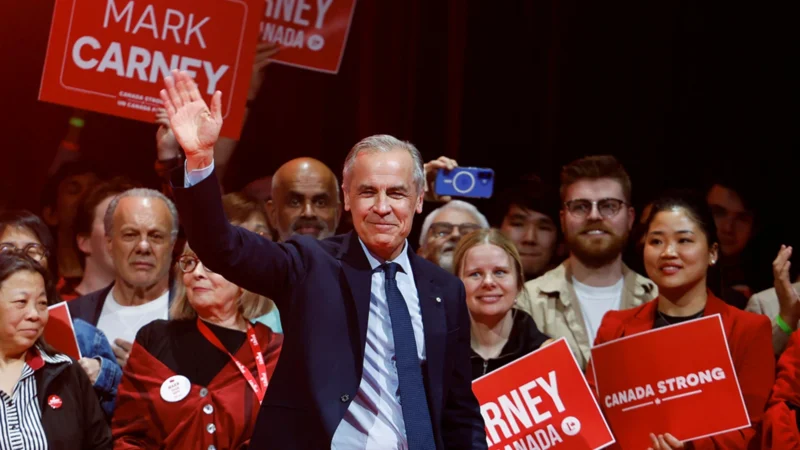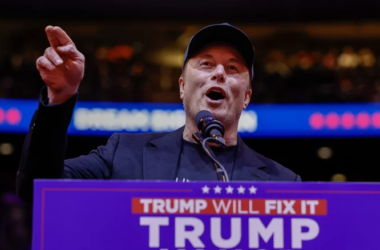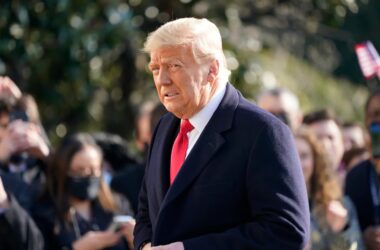A new policy paper is urging Canada to break away from decades of diplomatic hedging and openly support Taiwan’s sovereignty, democracy, and global status—especially in light of shifting North American politics and growing Chinese assertiveness.
The report, authored by Scott E. Simon of the Macdonald-Laurier Institute (MLI), arrives just as newly elected Prime Minister Mark Carney, a Liberal, clinches victory in this week’s federal election—albeit without securing a clear majority in Parliament. Some analysts believe uncertainty triggered by recent moves from the Trump administration, including fresh tariffs and hints at future U.S.-Canada integration, played a decisive role in the tight race.
Simon warns that such geopolitical instability must not nudge Canada into Beijing’s orbit. For too long, Ottawa has danced around the issue of Taiwan’s status, opting for what the report labels “diplomatic expediency.” That vagueness, Simon argues, is no longer sustainable.
The paper calls on Canada to publicly clarify the difference between its long-standing “One-China Policy”—a stance adopted in the 1970s—and China’s far more rigid “One-China Principle,” which seeks to isolate Taiwan diplomatically and politically.
“Canada gets to define its own foreign policy,” Simon insists, arguing that Canada should shape its ties with Taiwan based on shared democratic values—not pressure from Beijing.
In addition, the MLI report takes aim at China’s so-called “international lawfare” strategy—legal maneuvers designed to block Taiwan’s participation in the UN and international forums, particularly in times of conflict. It urges Canada’s navy to assert freedom of navigation by conducting regular passages through the Taiwan Strait, which remains classified as international waters.
While such actions would no doubt rattle Beijing, Simon contends they’re necessary. Bolstering Taiwan’s position, he says, would help shore up global democratic alliances against an increasingly aggressive China. And with geopolitical tides shifting fast, Canada may not have the luxury of sitting on the fence much longer.




